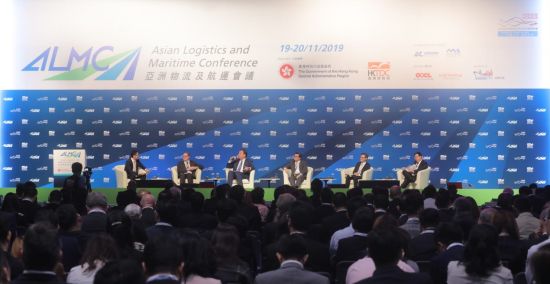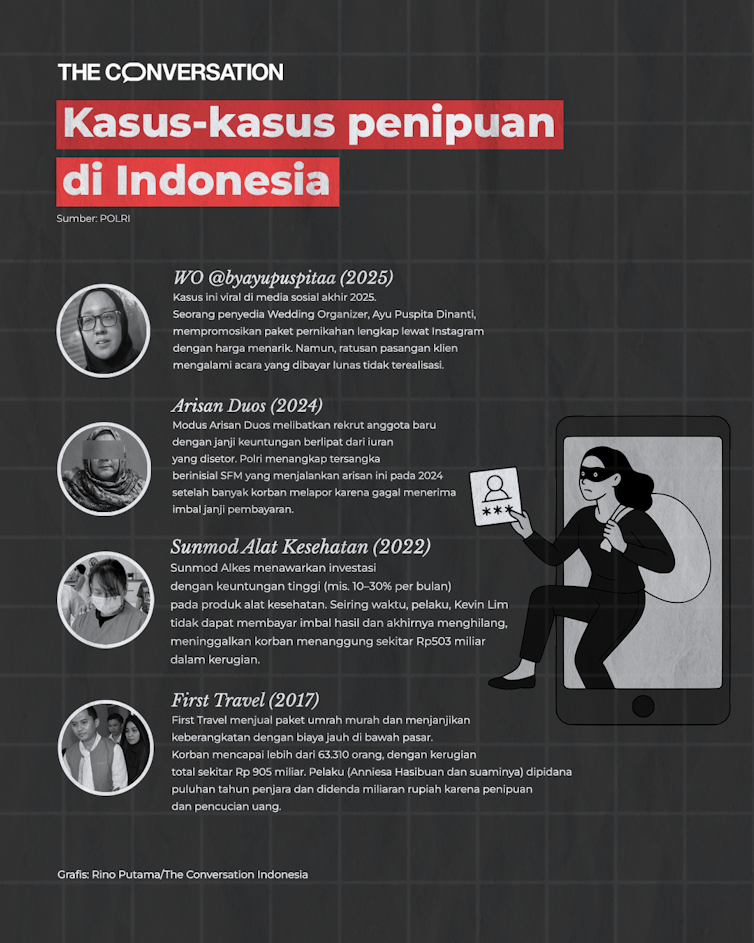Challenges and opportunities for logistics companies
- Written by ACN Newswire - Press Releases

|
|
| Among the highlights of the Asian Logistics and Maritime Conference (ALMC) was yesterday's plenary session, "Where Opportunity Knocks - Asia Supply Chain Wedged between Challenging Geopolitics. |
|
|
| Coleman Nee, Senior Economist, Economic Research and Statistics Division, World Trade Organization |
|
|
| Robbert van Trooijen, Senior Vice President and Head of Asia Pacific Region, Maersk |
Rising tensions divert trade
The first Plenary Session, "Where Opportunity Knocks - Asia Supply Chain Wedged between Challenging Geopolitics", focused on Asia's supply chain playing a larger global role as worldwide trade disputes and uncertainties impact the industry.
"Trade tensions are rising around the world, resulting in a dramatic spike in import-restrictive measures," said Coleman Nee, Senior Economist, Economic Research and Statistics Division, World Trade Organization (WTO). He pointed out that the WTO's most recent report on trade restrictions, published in June, showed that the trade coverage of new import-restrictive measures imposed from October 2018 to May 2019 was more than 3.5 times the average since May 2012. World merchandise trade volume grew just 0.6% in the first half of 2019, and the dip in both imports and exports in Asia was similar to that in the 2015/16 slowdown.
"Trade diversion is a significant trend, resulting in some emerging markets, like Brazil and Vietnam, seeing large increases in exports, while mature markets, such as Korea and Europe, experience declining exports," said Mr Nee.
He concluded by appealing for a multilateral trading system and emphasised that bilateral agreements are no substitute for rules that all countries subscribe to. Hong Kong is one of the world's best examples for countries to follow, said Mr Nee.
Changing dynamics of supply chain
Meanwhile, Robbert van Trooijen, Senior Vice President and Head of Asia Pacific Region at Maersk, discussed changing supply chain dynamics. "Maersk's goal is to help connect and simplify global supply chain, to support long-term growth in Asia," he said.
Omni-channel trends require distribution support, which is both a problem and an opportunity for logistics services providers, according to Mr van Trooijen. Keeping supply chain costs as low as possible put logistics providers under pressure as they need to be agile and fast. "Producers are making money on their sales, but losing money on their supply chain inefficiencies. As margins erode in e-commerce, it is especially important that costs are kept under control in the supply chain," he said.
Mr van Trooijen also briefly discussed the challenges and opportunities related to the shift in sourcing from Mainland China to Southeast Asia. The mainland has replaced the United States as the world's largest e-commerce market, while the growing force of e-commerce has to be served economically and promptly by logistics providers through B2C (business-to-consumer) logistics, driving sustainability throughout the supply chain, he noted.
Global standardisation in logistics industry
The plenary also featured Katsuhiko Umetsu, Senior Executive Officer of Japan-based logistics and distribution firm Yamato Holdings Co, Ltd. "The food supply chain will be enhanced by innovative logistics, making temperature control, manufacturing, distribution and logistics transparent," he said. "Yamato's goal is to develop an end-to-end cold chain platform to allow perishable food to be delivered safely around the world."
Yamato operates on the hypothesis that food is a global asset and examines how Yamato and other logistics companies can deliver perishable food safely. Its goal is to develop a shared co-creation value platform to allow logistics providers to do this, and Mr Umetsu invited all companies at the forum to work with the company to achieve the goal of building a food safety cold chain that can trace products and temperature using a physical internet-driven network. Yamato is the largest logistics firm in Japan, and 11% of the parcels it delivers are in the cold chain, so the company is ready to create a global platform.
Mr Umetsu outlined the future for logistics, information and financial technology. For governments, this involves food safety standards, digitalisation of customs and quarantine regulations, and development of cryptocurrency. For business, this involves developing and implementing new cold chain technology.
He concluded with a plea for the audience to join as stakeholders to create a global cold chain platform together.
Warehouse investment and GPS
Lau Teck Sien, Partner and CEO of HOPU Investments discussed HOPU's experience with, and massive investment in, warehouses, and its experience with the mainland's massive consumption growth.
HOPU has 17 million square metres of warehouse space globally, he said. What is interesting from HOPU's perspective is that the mainland's per-capita GDP, which is about US$9,000 overall, but US$30,000 in some tier 1-cities. When per capita income reaches $10,000, consumption behaviour changes, said Mr Lau, with consumers buying more expensive brands, from food to footwear. This transforms retailing. In the mainland, just 40% of retailers are large retail chains, compared with 80% in Japan. But as income rises, many of the 60% "mom and pop" stores will be replaced by large chains, changing the warehousing industry.
The year 2012 was transformative for the retail industry, he added, because that was the year many countries introduced 4G. "This allowed myriad start-ups with innovative apps and business models to launch new sales platforms, and allowed China to catch up with and surpass more developed countries," said Mr Lau.
Other factors that are changing warehousing and logistics are GPS, which was expensive in the past but is now very cheap. GPS sensors have revolutionised warehousing. This efficiency allows one warehouse to handle consignment volumes that previously required two to three warehouses to handle.
New landscape in the logistics industry and future trends
Ka-mun Chang, Managing Director of Li & Fung Development (China) Limited and Managing Director of Fung Business Intelligence, forecast five future trends in the logistics industry. One trend involves the challenge to the WTO because of the prevalence of bilateral and regional trade agreements, which make customs procedures, for example, very complicated.
The second trend is consumer empowerment through mobile phones; this has created new demands for supply chains, which have to meet consumer needs globally. And a third trend is the trade tension between the mainland and the United States. "Even if they do agree on a simple trade deal," he said, "there will still be many challenges, such as IP, technology transfer and 'Made in China 2025'."
Another trend is the Belt and Road Initiative, which represents a new phase of globalisation. The mainland government has started moving low-cost sourcing bases for high-volume products, which may benefit logistics companies in Hong Kong and the rest of the Guangdong-Hong Kong-Macao Greater Bay Area.
The final trend Mr Chang discussed was tech innovations, such as artificial intelligence and 3D printing. These technologies shorten lead times, allowing customers to obtain products instantly.
ALMC speakers: www.hktdc.com/ncs/almc2019/en/s/speaker.htmlALMC programme: www.hktdc.com/ncs/almc2019/en/s/info-programme.htmlALMC website: www.almc.hkPhoto download: https://bit.ly/2KBEGim
About HKTDC
The Hong Kong Trade Development Council (HKTDC) is a statutory body established in 1966 to promote, assist and develop Hong Kong's trade. With 50 offices globally, including 13 in Mainland China, the HKTDC promotes Hong Kong as a two-way global investment and business hub. The HKTDC organises international exhibitions, conferences and business missions to create business opportunities for companies, particularly small and medium-sized enterprises (SMEs), in the mainland and international markets. The HKTDC also provides up-to-date market insights and product information via trade publications, research reports and digital news channels. For more information, please visit: www.hktdc.com/aboutus. Follow us on Twitter @hktdc and LinkedIn.
Contact:Coco Yuen, Tel: +852 2584 4145, Email: coco.hc.yuen@hktdc.org Clayton Lauw, Tel: +852 2584 4116, Email: clayton.y.lauw@hktdc.org
Copyright 2019 ACN Newswire. All rights reserved. www.acnnewswire.com
Authors: ACN Newswire - Press Releases
Read more //?#








